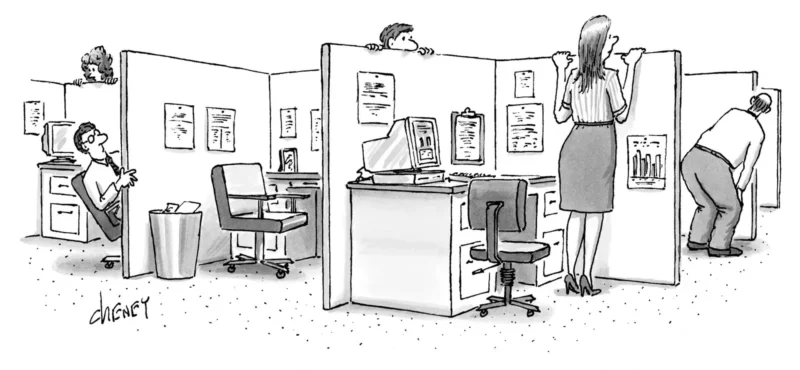Preamble to All This: I much prefer to speak about ethnic relations in terms of ethnicity, and not in terms of race. But when you fly to Europe, sometimes you have to use Euros to buy things. So in ...
Cooks Are Resourceful

Courting Defeat
“What does the alternative do, the pessimistic frame of mind? If your worldview could be summed up with ‘where are we going, and why am I in this hand basket?’ the end result will necessarily be a certain wariness, an expectation that Murphy’s Law will govern everything. If something can do wrong, it will—in the sacraments, in admitting young children to the table, in teaching Christians from the law, in having a high view of the church, and so on. A hermeneutic of suspicion gets into everything.”
Remarks at the CREC Council Dinner
The Same Old Things: Introduction: So I have been assigned a topic that delights me. I am the son of a colporteur, an antique word that refers to the peddler of religious books. Not only was my father an avid distributor of literature, he was one who thought about the whole enterprise carefully, and who …
What a Father Could Have Taught
Dear Gavin, Thanks for your quick reply. I really think this exchange is going to be fruitful. At least I hope so. In my last letter, I warned that it was possible that you were going to ...
Epistolary Content Incoming
Letter to the Editor: Re: the feasible and strategic target of no porn in school libraries. This article from Prufrock has some very good data. Encourages me to make a request, because ...
Invisible and Eschatological
“Exactly. The entire company of the elect, the whole number of them, invisible now to everyone but God alone, will be made manifest to everyone at the eschaton, and that church will be without spot or wrinkle or any other blemish. And that eschatological church I define as the ‘whole number of the elect.’”
The Case of Owen and the Memorials
Introduction: In a talk at the G3 conference last week, Owen Strachan attempted to take a bold stand, and it did not go well for him. He said, in a “here I stand” sort of way, that God’s love ...
That Little Knob on the Back
Introduction: We are certainly living in interesting times, as the old Chinese curse puts it. On a related point, the great lexicographer Samuel Johnson once said that there was one good thing about being hanged in a fortnight—he said it concentrated the mind wonderfully. Over the last few years, a number of events have caught …
Just Curious








